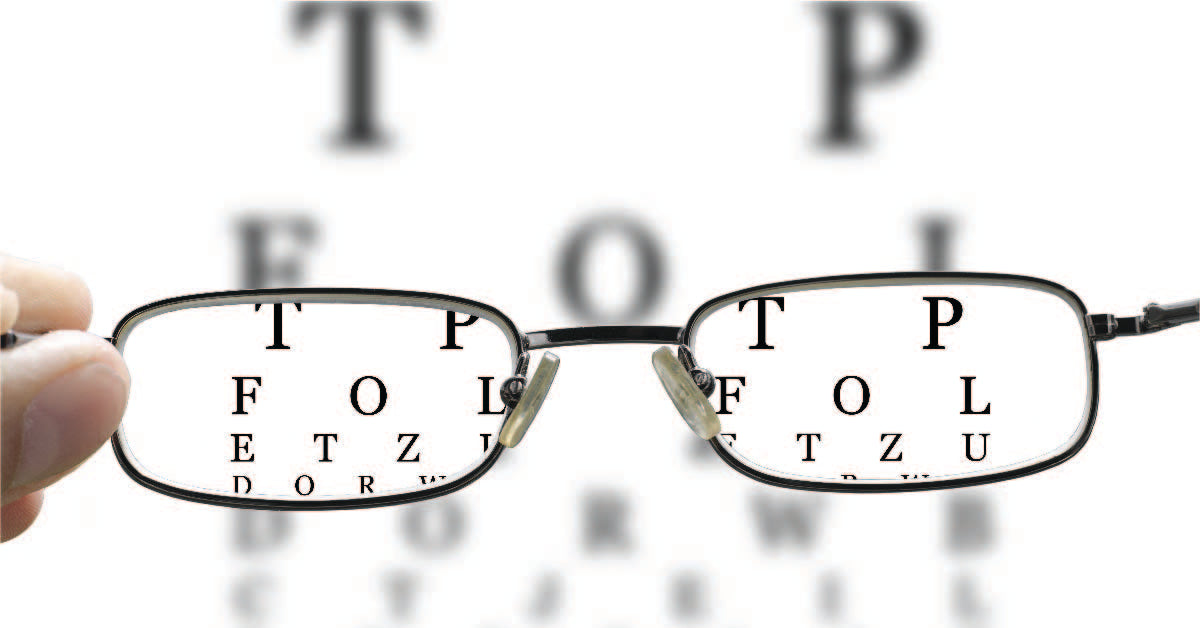Common Causes Of Blurry Vision
10 Apr 2021
Our ability to see the world around us clearly is critical to everyday life, although it’s something we often take for granted. With blurry vision, there is a loss of sharpness and clarity in your eyesight, making objects and print seem hazy or out of focus. This can make it harder to read, drive, or engage in activities that require clear vision. In most cases, blurry vision is non-threatening and can be corrected with prescription glasses or contact lenses. However, in some cases it can be indicative of a more serious eye disease or neurological disorder. This makes it important to consult an ophthalmologist for an accurate diagnosis and treatment, no matter what you believe the cause might be.
Symptoms Of Blurry Vision
The main symptom of blurry vision is of course blurred vision in one eye or both eyes. However, depending on the underlying cause of blurry eyes, you may also experience some other symptoms. These can include:
- Eye pain or headaches
- Increased sensitivity to light or photophobia
- Dry eye and soreness or inflammation of the eye
- Eye strain, redness, and fatigue
- Eye floaters or the appearance of specks in your vision
- Unusual discharge or excessive tearing
If blurry vision is accompanied by any of these symptoms you should seek urgent treatment from an ophthalmologist as prompt diagnosis and treatment can help to prevent complications from developing.
Causes of Blurred Vision
Blurred vision can develop for a variety of reasons, but the most common causes of blurred vision include the following:
Near-sightedness: This is perhaps the most common reason for blurred vision and is described as myopia. It is usually accompanied by headaches and eye strain as objects that are far away appear blurred.
Improve Your Eyesight, Click Here
Farsightedness: Described as hyperopia, farsightedness is also one of the most common causes of blurred vision. With farsightedness, distant objects may appear clear, but nearby objects such as text in books appear blurry.
Astigmatism: Like myopia and hyperopia, this is also a refractive error in which vision appears blurred at all distances (1). This is the result of an irregularly shaped cornea that prevents rays of light from reaching a single focal point on the retina to produce clear images.
Presbyopia: This is a very common reason for blurred vision in adults aged over 40, typically causing difficulty with reading fine print or seeing nearby small objects (2). The symptoms are identical to those with farsightedness, but this is not the result of a refractive error, but is linked to age-related hardening of the lens.

Other causes of blurry vision may include:
- Migraines
- Eye infections
- The use of certain medications
- Diabetic retinopathy
- Wrongly prescribed glasses or contacts
- Lens dislocation
- Head injury or trauma
- Entry of a foreign body or bleeding in the eye
- Corneal abrasions
Treatment of Blurred Vision
The treatment of blurry eyes or blurred vision depends entirely on the cause of the problem. This is why you should visit an ophthalmologist as soon as possible to get an accurate diagnosis.
The most common causes of blurry vision, which includes refractive errors or abnormalities like near-sightedness, farsightedness, presbyopia, or astigmatism, can be easily treated with the use of prescription eye glasses or contact lenses.
If blurred vision is caused by diabetes, you would need to consult your doctor and ophthalmologist so that your diabetes medications and treatment plan can be modified to resolve the problem (3). In some cases, blurry vision can also result from a drop in blood sugar, which can be quickly relieved with glucose tablets.
Other treatments for blurry vision will vary depending on the cause. For example, lubricating eye drops or artificial tears can be prescribed for dry eyes. Blurry vision caused by infections could require the use of prescription eye drops and antibiotics or other medications.
Some types of blurry vision also resolve without treatment. This is typically the case with blurry vision that occurs before or with ocular migraines and migraine headaches. Blurry vision that occurs after procedures like LASIK tend to improve within a few days after the procedure.
Recommended Reads:
https://www.setu.in/blogs/lifestyle/the-most-effective-home-treatments-for-dry-eyes/
https://www.setu.in/blogs/habits/maintaining-20-20-vision-in-2020-my-personal-hacks/
https://www.setu.in/blogs/lifestyle/yoga-for-your-eyes/
https://www.setu.in/blogs/lifestyle/what-your-eyes-really-need-spoilers-not-carrots/
https://www.setu.in/blogs/lifestyle/tips-to-take-care-of-your-eyes-when-you-wfh/
Skin: Renew - Glutathione - Orange Flavour
- ₹1,944
- ₹1,944
-
₹2,800 -
You Save:
₹856 (30%)
Categories
- Choosing a selection results in a full page refresh.
- Press the space key then arrow keys to make a selection.
this is the sidecart










